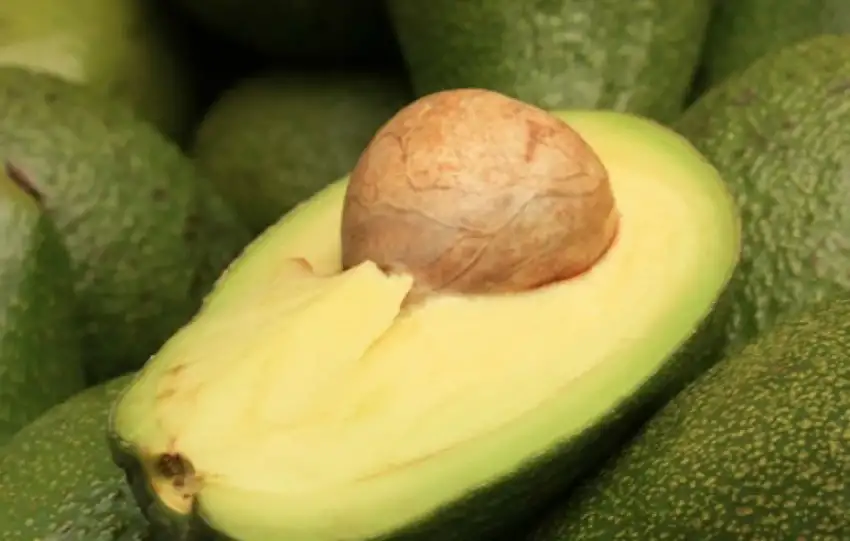Are you a parent of an infant? If so, you probably know how overwhelming it can be to make the right feeding choices for your little one. One major decision many parents face is whether to feed their baby formula. Since feeding takes up a significant amount of time, you might have a lot of questions, like “Can babies have cold formula?”
Understanding the best practices for feeding your baby is essential, and that includes knowing the facts about serving formula at different temperatures. Let’s explore the topic further to shed light on whether babies can indeed have a cold formula and what considerations you should keep in mind as a caring parent.
Heat Or Cold: Which Formula To Choose?
The most important factor is not the temperature of the milk, but ensuring the right mixture of safe water and formula when preparing bottles, as well as properly storing formula or breast milk for your baby.
It is perfectly safe to feed your baby cold milk. Frozen breast milk can even be used to soothe teething babies. Simply freeze breast milk in an ice cube tray, then place a frozen breast milk cube in a mesh feeder for your baby to enjoy!
Is It Ok To Give Baby Cold Formula?
Preparing formulas correctly is crucial for your baby’s well-being and happiness. While there are general guidelines to follow, finding a routine that suits your baby’s preferences can simplify feeding and reduce stress for you.
When you’re busy or on the go, you may wonder if serving cold formula or breast milk is acceptable. The answer to your question is YES! Cold milk is a great option, although there are some considerations.
Mixing bottles in advance and refrigerating them for up to 24 hours saves time. Babies may not mind drinking cold milk, and it does not generally upset their stomachs.
For newborns, warming the bottle slightly may be preferable. However, as they grow, serving cold milk directly from the fridge can be a preferred choice. All you need to do is pay attention to your baby’s cues and adjust accordingly.
Moreover, avoid warming bottles in the microwave to prevent hot spots and potential contamination. Overall, cold milk is safe and can even provide relief for teething babies.
Can Cold Formula Harm The Baby?
Many parents wonder about this question, and the good news is that cold baby formula generally does not pose any risks to most infants. However, there are a few situations where warming the bottle might be advantageous. If you are concerned about “Can Cold Formula Make Baby Sick” or “Will Cold Formula Hurt Baby” let’s explore that further.
As mentioned earlier, there is one particular scenario where warming the formula could benefit a baby’s well-being. Studies suggest that premature infants, in particular, may have a better tolerance for warmed milk or formula compared to cold ones.
For the majority of infants, cold milk or formula can be tolerated without any adverse effects right from birth, and it does not pose any significant health risks. So, unless your baby falls into the category of premature infants, you can generally feel confident in feeding them cold formula.
Are Cold Bottles Bad For Babies?
If you are unsure about whether cold bottles are bad for babies, don’t worry! It is perfectly safe to feed your baby formula at room temperature or even chilled. If your little one prefers warm formula, you can warm it up by placing a filled bottle in a bowl of warm water or running it under warm water. To ensure the temperature is just right, test it by placing a few drops on the back of your hand or wrist.
Conclusion
In conclusion, it is important to note that cold formula does not harm babies; in fact, it might even be the ideal temperature for your little one. While newborns should avoid extremely cold formula straight from the refrigerator, introducing chilled formula becomes perfectly acceptable as they grow.
However, as with any feeding routine, it’s crucial to closely observe your baby’s response and never impose cold formula if they show reluctance. If your baby seems finicky or uninterested in the cold formula, it is better to take a few extra minutes to warm it up before feeding.
Remember, the comfort and satisfaction of your baby should always be the priority, so make adjustments accordingly to ensure a happy feeding experience for both of you.





